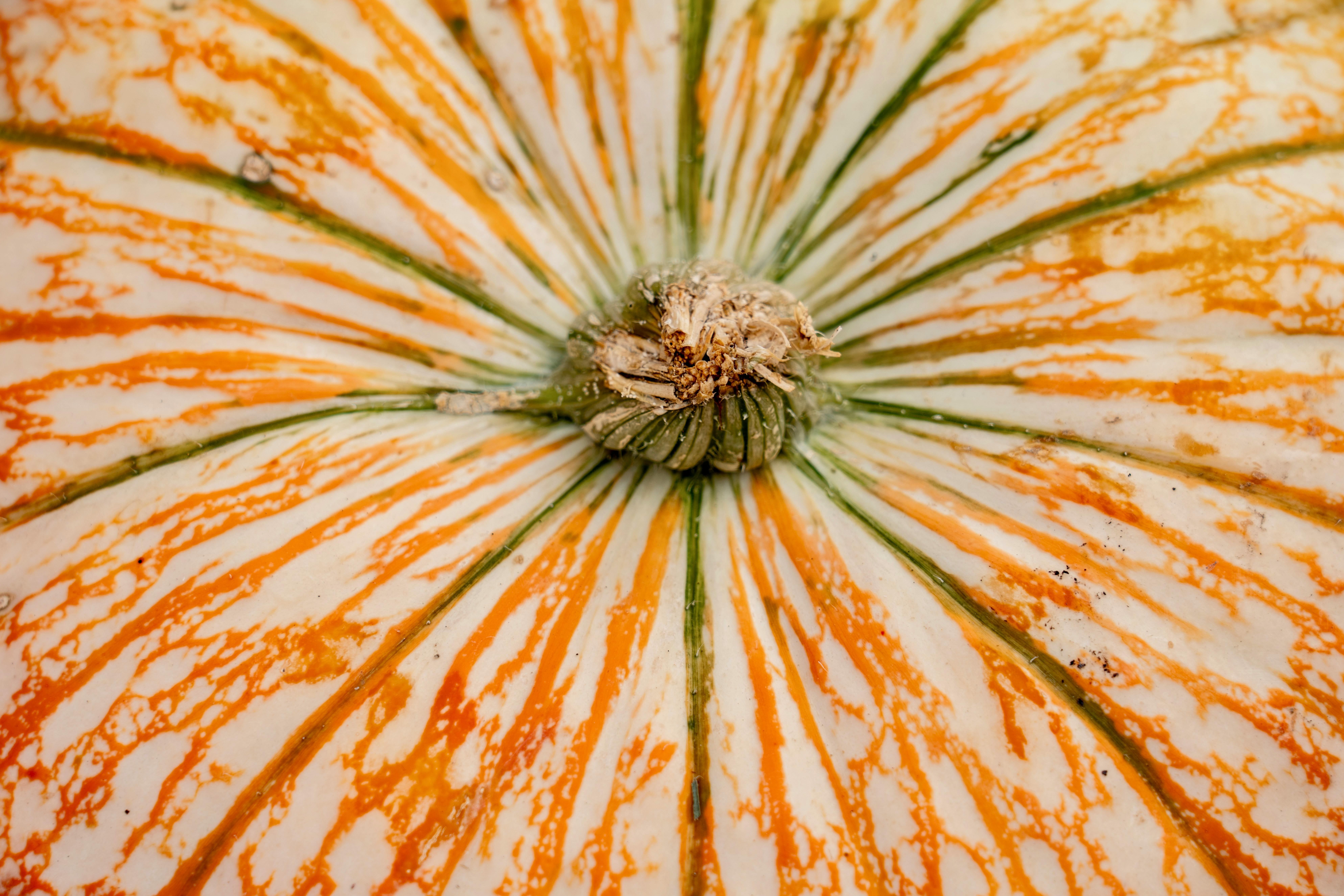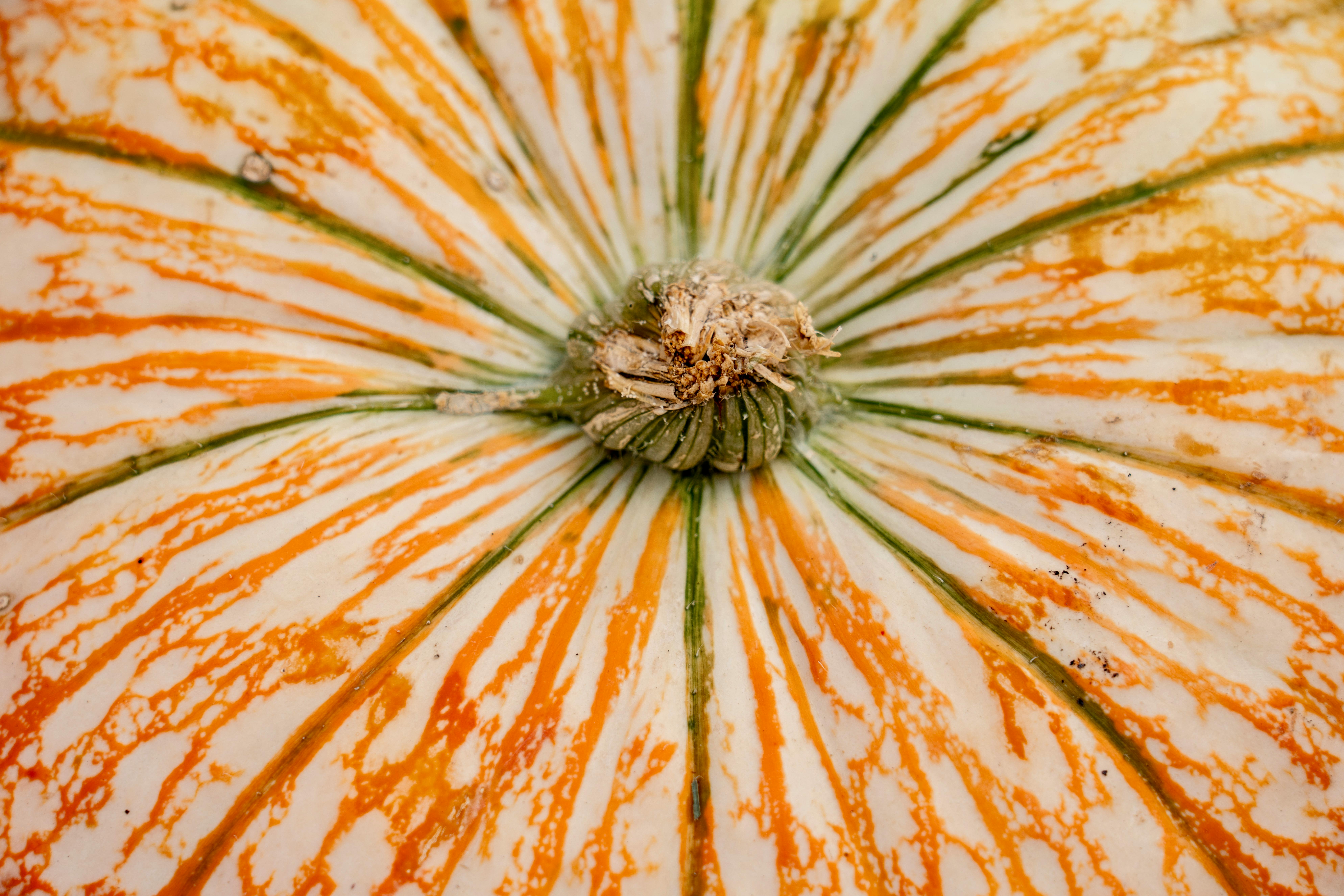Monk fruit, also known as Luo Han Guo, is a small green melon that has been used in traditional Chinese medicine for centuries. It has recently gained popularity as a natural sweetener due to its extremely high concentration of antioxidants and sweetness. Monk fruit sweeteners are now available in many forms, including granulated, powdered and liquid versions. However, not all monk fruit sweeteners are created equal; some may contain added erythritol or other artificial sweeteners. This article will explore the difference between monk fruit with and without erythritol so you can make an informed decision about which one to use.Monk fruit, also known as lo han guo or Swingle fruit, is a small round melon that grows on a vine in parts of southern China and northern Thailand. It has been used for centuries in traditional Chinese medicine due to its sweetness and potential health benefits. The fruit is about the size of a lemon and has a sweet taste that is many times sweeter than sugar without the calories. Monk fruit extract is often used as a natural sugar substitute.
Is Monk Fruit Sweetener Healthy?
Monk fruit sweetener is a natural alternative to processed sugar and artificial sweeteners. It is made from the extract of the monk fruit, which is native to Southeast Asia and has been used for centuries in traditional Chinese medicine. The extract has a naturally sweet flavor, with no calories or carbohydrates, making it an attractive option for those looking for a healthier alternative to sugar and artificial sweeteners. Additionally, monk fruit sweetener does not raise blood sugar levels like regular sugar, making it especially beneficial for people with diabetes.
Monk fruit sweetener also offers some potential benefits for weight loss. It does not contain any calories or carbohydrates, so it won’t contribute to weight gain like regular sugar can. Additionally, its natural sweetness can help satisfy cravings without the extra calories or carbohydrates from processed sugars. It also contains antioxidants that may help reduce inflammation in the body, which can aid in weight loss efforts.
Overall, monk fruit sweetener appears to be a safe and healthy alternative to processed sugars and artificial sweeteners. It provides a naturally sweet flavor with no calories or carbohydrates and has potential benefits for weight loss and blood sugar control. However, it is important to note that more research is needed to determine its long-term effects on health.
Monk Fruit Sweetener Benefits
Monk fruit sweetener is a natural, zero-calorie sugar alternative made from the extract of monk fruit. It has been used as a sweetener in China since ancient times and is gaining popularity in the United States and elsewhere. Monk fruit sweetener offers many benefits over conventional sugar, including improved health, taste, and convenience.
Health Benefits
Monk fruit sweetener has no calories and does not raise blood sugar levels, making it an ideal replacement for sugar in recipes or drinks. Unlike artificial sweeteners such as aspartame or sucralose, monk fruit is derived from a natural source. Studies have shown that it has antioxidant properties that can help reduce inflammation and promote heart health.
Taste
Monk fruit sweetener has a mild flavor that is much more pleasant than artificial sweeteners. It has been described as having a hint of sweetness without any bitterness or aftertaste. The flavor profile of monk fruit makes it perfect for adding sweetness to teas, smoothies, and other drinks. It can also be used in baking recipes to replace regular sugar without compromising taste or texture.
Convenience
Monk fruit sweetener is easy to use and comes in handy packets that are perfect for on-the-go use. Unlike honey or maple syrup, monk fruit sweetener does not require refrigeration and can be stored at room temperature for up to two years without losing its potency. It dissolves easily in both hot and cold liquids so it can be used in almost any recipe or drink with ease.
Disadvantages of Monk Fruit Sweetener
Monk fruit sweetener, also known as lo han guo, is a natural sugar substitute that has become popular in recent years. Although it does not contain any calories and has a glycemic index of zero, there are some drawbacks to using monk fruit sweetener.
One of the main disadvantages of monk fruit is that it can be expensive compared to other sweeteners. It is often more costly than artificial sweeteners like sucralose and aspartame, and it may not be widely available in stores.
Another potential problem with monk fruit sweetener is the lack of research on its long-term health effects. While studies have shown that monk fruit may have some potential benefits, more research is needed to determine whether or not these benefits outweigh the risks associated with consuming this sugar substitute.
Finally, some people may find that they do not enjoy the taste of monk fruit sweetener as much as other types of sugar substitutes. The flavor can be slightly different than other artificial or natural sweeteners, so it may take some time for people to get used to the taste.
What are Monk Fruit Sweeteners with Erythritol?
Monk fruit sweeteners with erythritol are a healthy and natural sweetener made from a combination of monk fruit extract and erythritol. Monk fruit is a small, green melon grown in Southeast Asia that has been used for centuries as an herbal remedy. It contains several beneficial compounds, including antioxidants that may help reduce inflammation. Erythritol is a sugar alcohol that is about 70% as sweet as sugar but has fewer calories and does not raise blood sugar levels. When combined, these two ingredients create an all-natural, zero-calorie sweetener with no artificial additives or preservatives.
Benefits of Monk Fruit Sweeteners with Erythritol
Monk fruit sweeteners with erythritol offer several benefits over traditional table sugar and other artificial sweeteners. They are much lower in calories than regular sugar and do not cause spikes in blood sugar levels like other sweeteners can. This makes them ideal for people with diabetes or those trying to lose weight. They also have a much lower glycemic index than table sugar, meaning they won’t cause the same cravings associated with eating sugary foods. Additionally, monk fruit sweeteners are free of artificial flavors, colors, and preservatives, making them an excellent choice for those looking for a healthier alternative to regular table sugar.
Uses of Monk Fruit Sweeteners with Erythritol
Monk fruit sweeteners with erythritol can be used to replace regular table sugar in almost any recipe or application. They have a mild sweetness that tastes similar to regular sugar but without the aftertaste associated with some artificial sweeteners such as saccharin or aspartame. They can also be used to make baked goods like cakes and cookies without compromising taste or texture. Additionally, monk fruit sweetener can be used to enhance the flavor of beverages such as tea or coffee without adding extra calories or sugars.
Conclusion
Monk fruit sweeteners with erythritol are an excellent alternative to traditional table sugar for those looking for a healthier option. They offer numerous benefits including fewer calories, no added sugars, and no artificial colors or flavors. Additionally, they have a mild sweetness that is similar to regular table sugar but without the aftertaste associated with some artificial sweeteners such as saccharin or aspartame. With so many advantages over traditional table sugar, monk fruit sweetener is an easy choice for anyone looking for an all-natural alternative to traditional sugars and artificial sweeteners alike!

Monk Fruit Sweeteners without Erythritol
Monk fruit sweeteners are a natural, low-calorie alternative to sugar and other artificial sweeteners. Unlike erythritol, a common sugar alcohol, monk fruit sweeteners are derived from the extract of the monk fruit, a melon-like gourd native to Southeast Asia. Monk fruit sweeteners have no calories and no impact on blood sugar levels. The sweetness of monk fruit is slightly different than that of sugar, but it can be used in many of the same ways as traditional sweeteners.
One of the main benefits of monk fruit sweetener is that it has no effect on blood glucose levels. Unlike other natural and artificial sweeteners, monk fruit does not increase blood sugar levels when consumed. This makes it an ideal choice for people with diabetes or other medical conditions that require them to limit their intake of sugar and other carbohydrates. Additionally, since monk fruit is calorie-free, it can help people who are trying to lose weight or maintain a healthy weight without sacrificing flavor.
Another advantage of monk fruit sweetener is its natural flavor profile. While some artificial sweeteners can have an off-putting aftertaste, monk fruit has a pleasant sweetness with no bitter aftertaste. This makes it an excellent choice for baking or adding to beverages like coffee and tea. Monk fruit is also available in liquid form which is convenient for adding sweetness to recipes without having to measure out precise amounts of granulated monk fruit sweetener.
Overall, monk fruit sweetener is an excellent alternative to traditional sugars and artificial sweeteners for those looking for a low-calorie option that won’t affect blood glucose levels or leave an unpleasant aftertaste in food and beverages.
Is There a Difference Between Monk Fruit with Erythritol and Without?
Monk fruit sweeteners are becoming increasingly popular due to their natural sweetness and low calorie count. However, there is an important distinction to be made between monk fruit sweeteners that contain erythritol and those without. Erythritol is a sugar alcohol that has fewer calories than sugar, but it can have a cooling effect when consumed in large quantities.
Monk fruit sweeteners without erythritol are sweeter than those with erythritol, so they require less of the sweetener to achieve the desired sweetness level. They also tend to have a cleaner taste, as the presence of erythritol can alter the flavor of the monk fruit. Furthermore, monk fruit sweeteners without erythritol may be better tolerated by people who are sensitive to sugar alcohols like erythritol.
On the other hand, monk fruit sweeteners with erythritol are more heat-stable than those without, so they do not break down as quickly when exposed to high temperatures. This makes them ideal for baking applications where heat is applied for an extended period of time. They also tend to have a longer shelf life than monk fruit sweeteners without erythritol.
Ultimately, both types of monk fruit sweetener are beneficial for people looking to reduce their sugar intake while still enjoying the sweetness of regular sugar. It is important to consider your individual needs and preferences when deciding which type of monk fruit sweetener is right for you.
Monk Fruit without Erythritol Taste
Monk fruit is a type of sweetener derived from a small round melon grown in Southeast Asia. It has been used for centuries as an ingredient in traditional Chinese medicine and is now becoming more popular as an alternative to sugar and other sweeteners. Monk fruit, also known as luo han guo, contains natural compounds that give it a sweet taste without adding any calories or carbohydrates. While monk fruit is naturally sweet, it can also be blended with another sugar-free sweetener, such as erythritol, to make it even sweeter. But how does monk fruit taste without the addition of erythritol?
When consumed on its own, monk fruit has a slightly sweet flavor with hints of caramel and pear. It is not overly sweet like some other artificial sweeteners, but still provides a unique flavor that many people enjoy. While monk fruit does not contain any calories or carbohydrates, it does contain small amounts of fructose and glucose which can affect blood sugar levels if consumed in large enough amounts. Additionally, some people may experience gastrointestinal discomfort when consuming monk fruit on its own.
When compared side-by-side with monk fruit blended with erythritol, the difference in sweetness is noticeable but not overwhelming. Monk fruit without erythritol still provides a mild sweetness that may be suitable for those looking for an alternative to white sugar or artificial sweeteners. However, those who prefer a sweeter taste may find that blending monk fruit with erythritol gives them the desired level of sweetness.
Overall, the taste of monk fruit without erythritol is mild and pleasant with hints of caramel and pear. It provides a unique flavor that many people enjoy but may not be as sweet as some other artificial sweeteners or natural sugars like honey or maple syrup. For those wanting an alternative to white sugar or artificial sweeteners while still getting some sweetness in their food and drinks, monk fruit without erythritol could be an ideal choice.

Conclusion
Monk fruit is an incredibly sweet-tasting natural sweetener, and it is becoming increasingly popular among people who are looking for healthier alternatives to artificial sweeteners and sugar. Monk fruit sweetener does not contain erythritol, although some brands may combine monk fruit extract with erythritol to create a blend of sweeteners. The best way to find monk fruit without erythritol is to carefully read the labels on all brands of monk fruit sweetener, as well as talk to your doctor if you are concerned about any potential side effects from consuming monk fruit sweetener or erythritol.
In conclusion, it is possible to find monk fruit without erythritol. Take the time to read labels and talk to your doctor about any potential issues that could arise from consuming either of these ingredients. Ultimately, it is up to you what type of sweetener you choose for your dietary needs and preferences.



